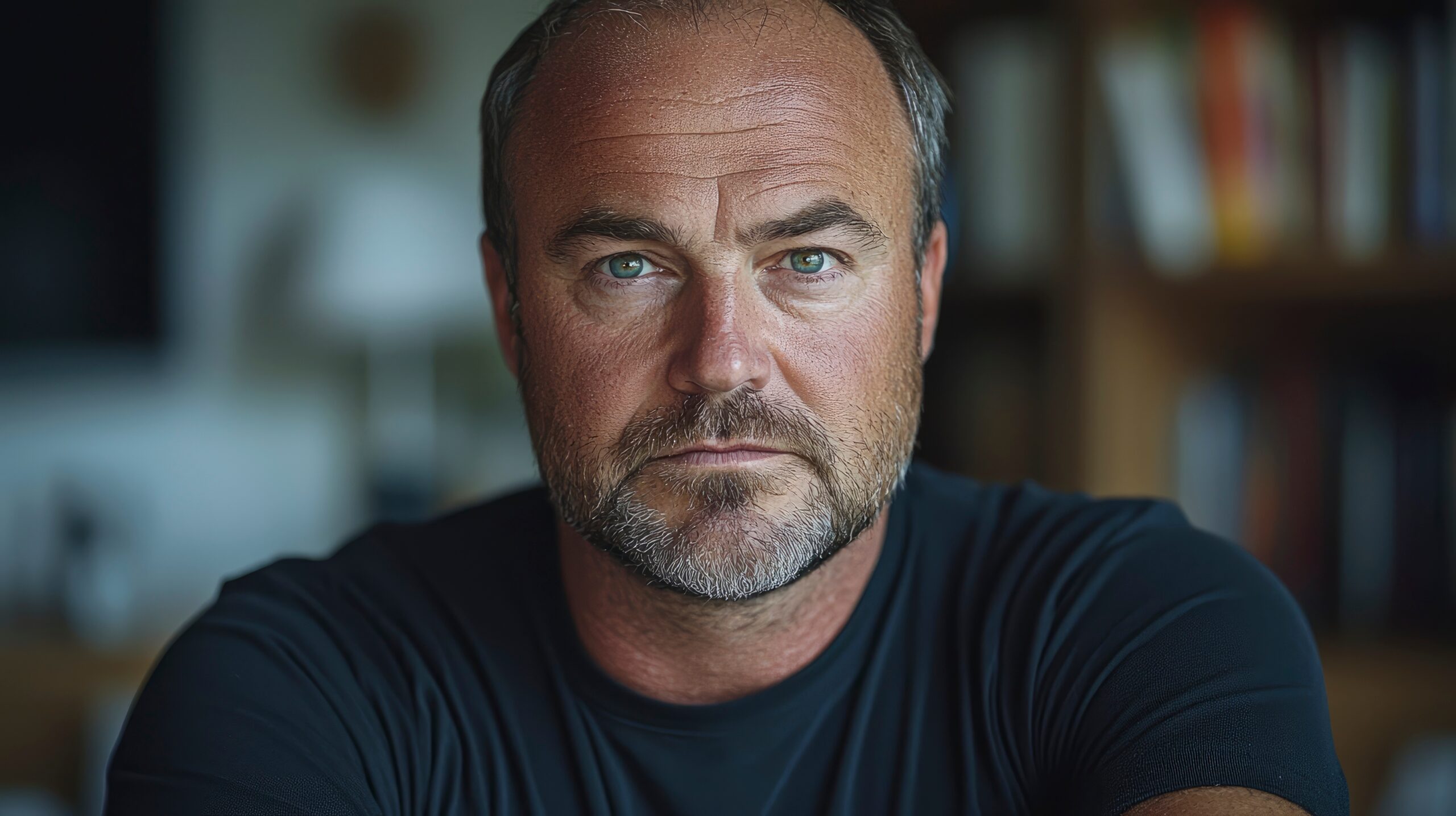
Australian researchers from the NHMRC Centre of Research Excellence in Speech and Language are seeking 3,000 participants aged seven and above with a lived experience of stuttering (past or present) to volunteer for the nation’s largest ever ‘Genetics of Stuttering Study’.
The study aims to pinpoint the genes that predispose individuals to stuttering, which could revolutionise future research into the causes, treatment and prevention of the disorder, affecting an estimated 240,000 Australians.
Singer Harrison Craig is lending his voice to the Genetics of Stuttering Study, having lived with a stutter since the age of four, and can vividly recall the anxiety he experienced when speaking publicly or in social situations.

“My treatment to date, has been effective to a degree, but I’m not sure free speech will ever come naturally to me,” the 23-year-old said.
“The truth is, to simply speak in social situations can be very exhausting,” he said.
Speech pathologist and research fellow, Professor Angela Morgan says genetics has been found to play a role, and a number of genetic variants have been identified to date.
“Globally, one per cent of adults stutter, and nearly 70 per cent of people who stutter report a family history of the disorder,” said Prof Morgan.
Gender is also one of the strongest predisposing factors for stuttering, said Professor Morgan.
“Boys are two-to-five times more likely to stutter than girls, and they are also less likely to recover spontaneously,” she said.
For the study, researchers are seeking 3000 Australians over the age of seven with an experience of stuttering, past or present.
Volunteers simply complete a 10-minute online survey and record a short sample of their speech.
Those who qualify will be invited to provide a saliva sample for DNA analysis, to enable researchers to unravel the genes that predispose people to stuttering.
“Study participants will be making a genuine contribution to solving this disorder,” Professor Morgan said.
To volunteer, click here.



